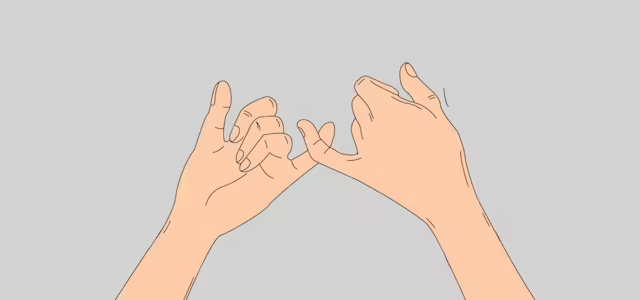
Women’s friendship as both political and personal
Women’s friendships aren’t just intimate; they are deeply political.
What may seem like small and personal exchanges, conversations in kitchens, letters between friends, or time spent nurturing one another are political practices.
Too often, these friendships are reduced to clichés, friends turned into jealous rivals, gossiping sidekicks or background characters in someone else’s story.

Vlera Zymeri
Vlera Zymeri holds a bachelor’s degree in Sociology from the University of Prishtina. She is a U.S. Department of State scholar through the CCI Program, where she studied Mass Communication at College of DuPage.
This story was originally written in Albanian.